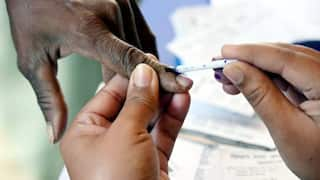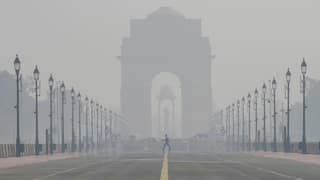Genetics may have a part to play in insomnia

Washington D.C. [U.S.A.], Mar 10 (ANI): Sleep problems may be associated with specific genes in our bodies.
Research indicates that there is a genetic link between insomnia and psychiatric disorders such as depression, or physical conditions such as type 2 diabetes.
Survey shows that up to 20 percent of Americans and up to 50 percent of US military veterans are dealing with sleep problems. Insomnia can seriously affect a person's healthcare system and make them weak internally.
Chronic insomnia can cause various long-term health issues such as heart disease and type 2 diabetes, as well as mental illness, such as post-traumatic stress disorder (PTSD) and suicide.
Twin studies show that various sleep-related characteristics, including insomnia, are heritable. With the help of these findings, researchers have now started looking into the specific gene variants involved. Such studies are crucial in figuring out the reason behind insomnia and other such sleep problems.
"A better understanding of the molecular bases for insomnia will be critical for the development of new treatments," says Murray Stein of the University of California San Diego and the VA San Diego Healthcare System.
In this study, Stein's research team conducted genome-wide association studies (GWAS). DNA samples obtained from more than 33,000 soldiers taking part in the Army Study To Assess Risk and Resilience in Servicemembers (STARRS) were analyzed.
Data from soldiers of European, African and Latino descent were grouped separately to identify the influence of specific ancestral lineages. Stein and his colleagues also compared their results with those of two recent studies that used data from the UK Biobank.
All in all, the study confirms that insomnia is partially hereditary.
"The genetic correlation between insomnia disorder and other psychiatric disorders, such as major depression, and physical disorders such as type 2 diabetes suggests a shared genetic diathesis for these commonly co-occurring phenotypes," says Stein.
Insomnia was linked to the occurrence of specific variants on chromosome 7. In people of European descent, there were also differences on chromosome 9. The variant on chromosome 7, for example, is close to AUTS2, a gene that has been linked to alcohol consumption, and others that relate to brain development and sleep-related electric signaling.
Stein further says, "Several of these variants rest comfortably among locations and pathways already known to be related to sleep and circadian rhythms. Such insomnia associated loci may contribute to the genetic risk underlying a range of health conditions including psychiatric disorders and metabolic disease."
The findings from the study are published in the journal, Molecular Psychiatry. (ANI)
This story has not been edited. It has been published as provided by ANI




























